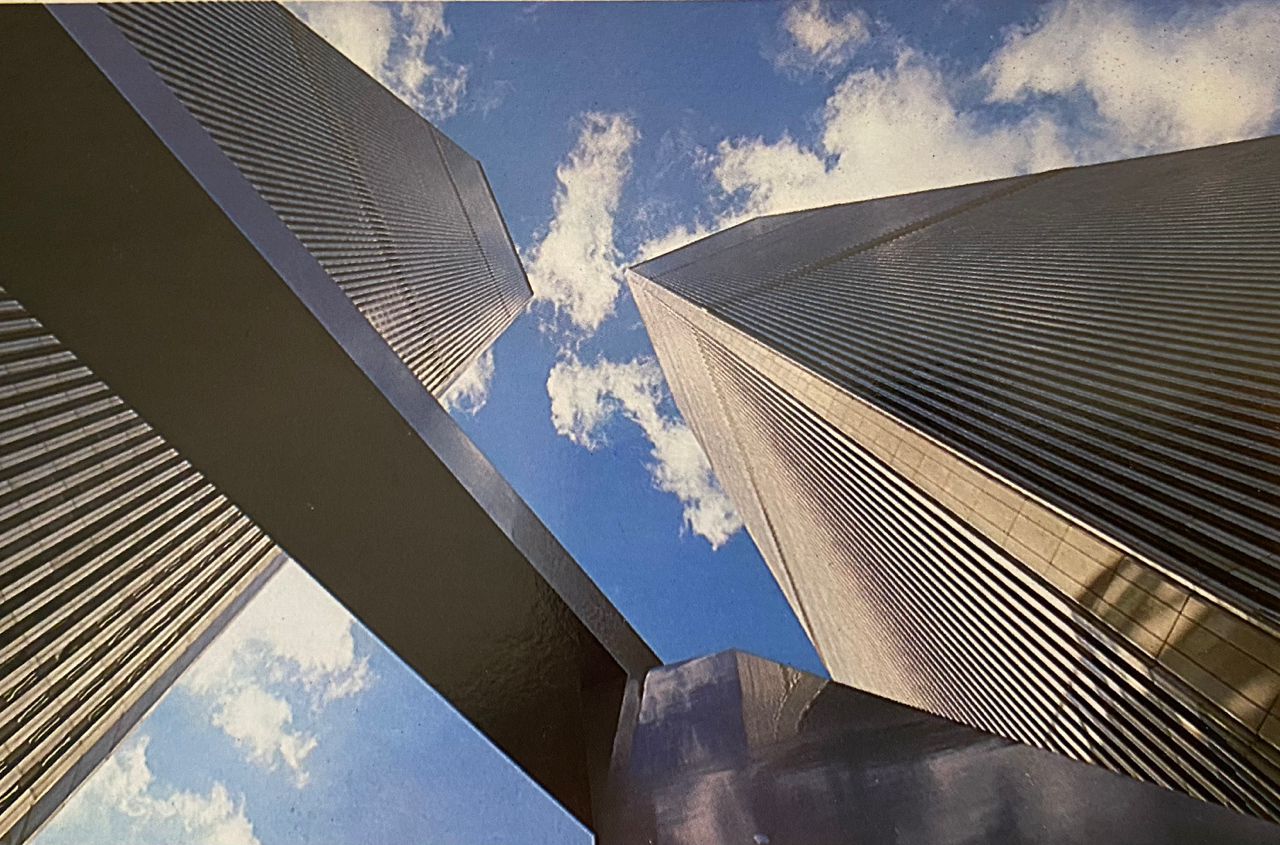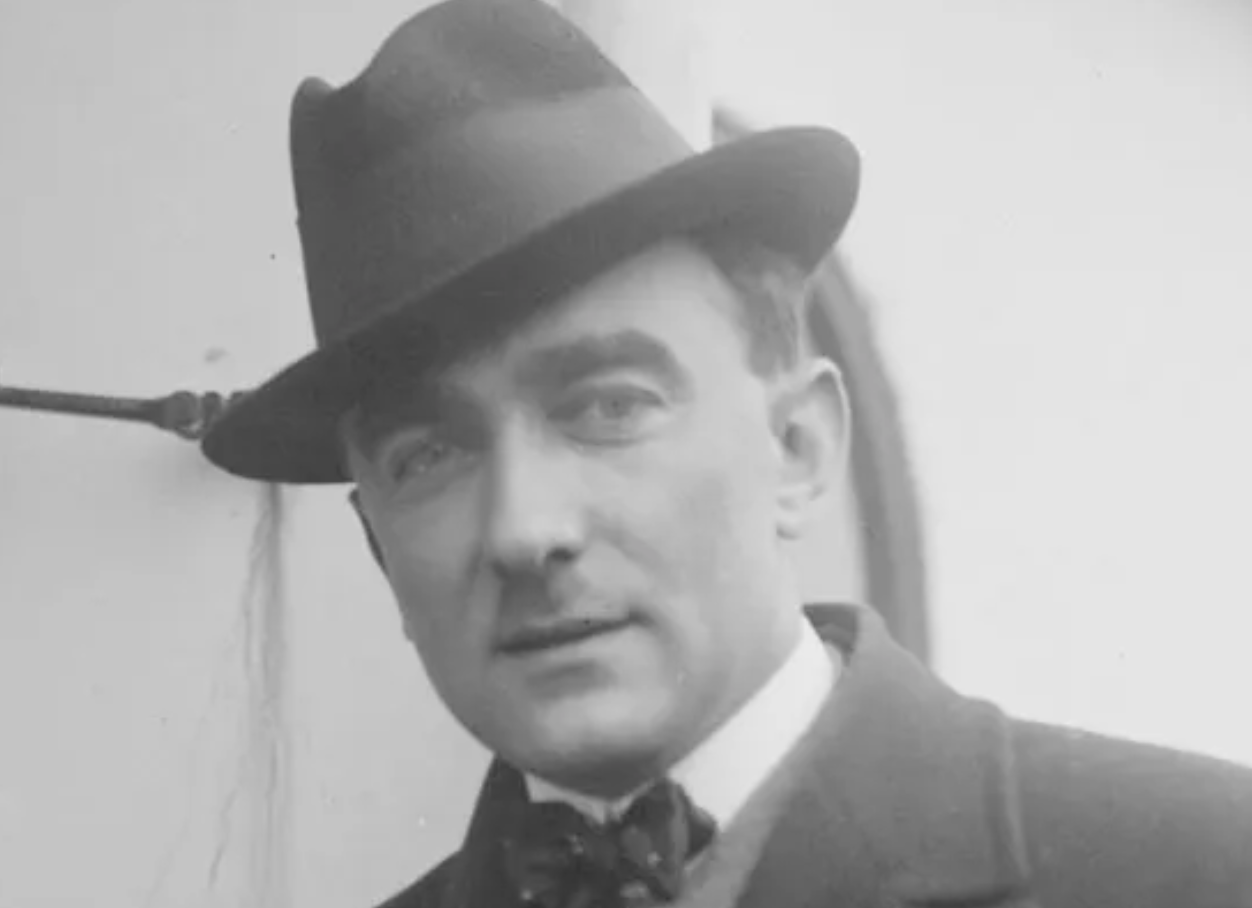For this special and profound concert from the Music and Memories series, the London Philharmonic Orchestra’s Conductor Emeritus Vladimir Jurowski KBE, who will be conducting, has conceived an intensely personal programme with two towering choral works which face each other across the centuries.
Spanning more than two hundred years, John Adams’ tribute to the dead of the September 11 attacks could hardly seem more different from Haydn’s joyous mass setting and yet, as Vladimir told us earlier this year: “Although Haydn’s Missa in tempore belli (Mass in Time of War) was written in 1796 it is a piece for our time, for any time, as is the Adams.”
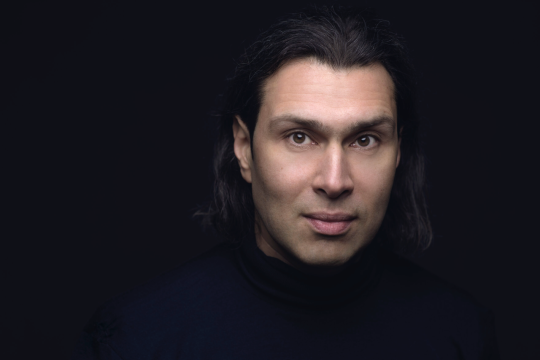
Whilst we may be familiar with the text and musical style of Haydn as a traditional mass, the same certainly can’t be said for John Adams’ piece On the Transmigration of Souls. Commissioned by the New York Philharmonic and Lincoln Center’s Great Performers to commemorate those lost in the World Trade Center terrorist attack of 9/11, this one movement composition is written for orchestra, chorus and children’s choir with a pre-recorded tape of spoken voices listing the names of the victims, followed by the word “missing” after each, running underneath it.
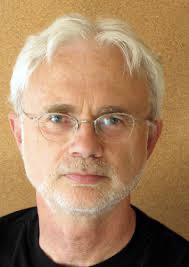
Premiered on the 19th September 2002 at Avery Fisher Hall, this very atypical piece was awarded the 2003 Pulitzer Prize for Music and received the 2005 Grammy Award for Best Classical Album, Best Orchestral Performance, and Best Classical Contemporary Composition. Its creator John Adams, a contemporary American composer and conductor, shares his wider thoughts around his intentions for the piece and its title.
“This piece is a place where you can go and be alone with your thoughts and emotions. The link to a particular historical event – in this case to 9/11 – is there if you want to contemplate it. But I hope that the piece will summon human experience that goes beyond this particular event. Transmigration means “the movement from one place to another” or “the transition from one state of being to another”. But in this case I meant it to imply the movement of the soul from one state to another. And I don’t just mean the transition from living to dead, but also the change that takes place within the souls of those that stay behind, of those who suffer pain and loss and then themselves come away from that experience.”
For London Philharmonic Choir soprano and Chicagoan, Meg McClure, these intentions and wider thoughts have particular meaning. Meg was in Italy at the time of the event and also unexpectedly lost her husband a few years ago so for her there is double resonance in this powerful piece and her memories around the event:
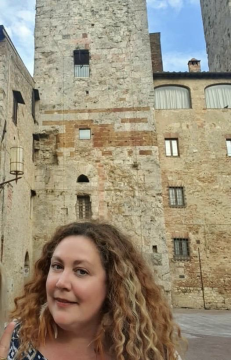
“On 9/11 I was working in a hotel in Florence to learn Italian – it was my first job. It was around 2pm and I’d just finished the morning rotation in the one star hotel I was working in when frenetic reporting cut into the middle of a jazz programme I was listening to. I was only just learning Italian so I didn’t really understand what they were saying – I thought I was hearing words like New York, Twin Towers, bomb, death. As they were such shocking words I thought I was just mistranslating them until the hotel owner rushed into the room with tears streaming down her face and told me I needed to go with her to watch Sky News as something terrible was happening in my country.
For the next week there was pandemonium in the hotel; people couldn’t go home as flights were cancelled, a German lady lay crying on our sofa for five days as she had checked out but couldn’t leave and a recently retired American woman who was a psychologist had an episode as a result of what had happened. The damage control we had to take on in the hotel was pretty eye opening for me as a 21 year old.
Three years later I was out to lunch with a new American acquaintance I’d met in Florence and we got talking. She was a New Yorker and her brother was in the second tower; she told me he’d phoned her to say goodbye before he was lost. That was the moment that really drove home what a tragedy this was on a personal level for so many thousands of people. I can’t begin to fathom what feelings this brings up for anyone who was there or lost anyone and this has weighed very heavily on me in rehearsals. When I was unexpectedly widowed eight years ago it was like having the rug pulled out from under me – some of the lyrics such as the mother whose son called every single day are so personally resonant; my mother in law called my husband’s voice mail every day until it switched off.
“Love you to the moon and back” is what I’ve taken away the most because that’s the love that never goes away – the love that everyone has for everyone that’s lost, the love that makes them immortal. Singing this piece will be immensely difficult for me but also hugely cathartic and rewarding.”
Noel Chow, alto, remembers – he was living in Australia in 2001 and was asked to sing in this “new” Adams piece in 2005:
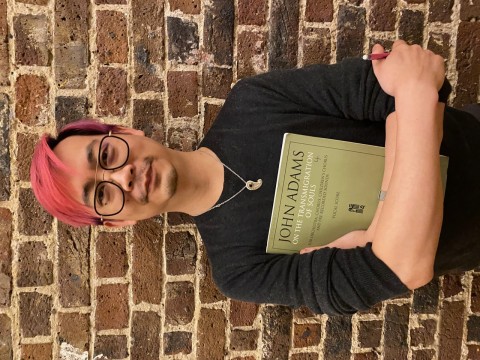
“I think everyone can remember where they were when this terrible event happened, it was so shocking. At that time I was in the Medical Research Facility in Royal Perth Hospital doing my PhD. Four years later when I got the opportunity to sing in this piece with the Western Australian Symphony Chorus I jumped at it as it was great to do something so new and interesting, and it helped us to process what had actually happened. Also we were to be conducted by a woman, someone called Marin Alsop who we’d never heard of! I was a bass at that time and we didn’t have that much to sing, so it’s really interesting for me to sing the same piece again twenty years later as an alto.
I remember during the rehearsals in 2005 that we had to do a lot of counting and to concentrate on the words. At the time it didn’t particularly affect me as I had to be totally focussed on getting the rhythm right and we just sang bits and pieces so I didn’t realise at the time of performing how powerful it actually was. When it came to the performance itself the piece made so much sense, so when I saw we were doing it with the LPC I really wanted to do it again as I knew what to expect and of course I now have a greater understanding of what it means.
This piece is a real memorial to the loss of innocent lives. It’s the feeling of the loss of loved ones – people who had nothing to do with the politics around it. And it’s full of melancholy but it’s also cathartic as it shows people holding on to all the good memories.”
Tenor Patrick Hughes, a New Yorker, remembers watching in disbelief from Boston where he had flown that morning from New York on a business trip:
“This is a big thing for all Americans, particularly if you lived in New York City at the time – which I did. I lost colleagues who I had worked with or colleagues’ spouses. One of my colleagues was in the Windows on the World conference centre in the North Tower on the 106th/107th floors that day so the words about that are really hard for me to sing; it will be an emotional performance. I was 25 at the time and my colleague, who like me was fresh out of college, was just gone. That could so easily have been me.
Some of the words like “I want to dig him out” are so heart rending because for months it was all rubble. I went back to Manhattan a few weeks after the event and I remember seeing the carnage and rubble of downtown Lower Manhattan – it was so sad and tragic. There were so many losses and parents and rescuers, and so many innocent people died. All these years later it’s still very raw for me and I still can’t bring myself to visit Ground Zero as it’s far too emotional. Hopefully at some point I will be able to do that, but who knows. The emotions of such loss are profound and not easy to move on from.
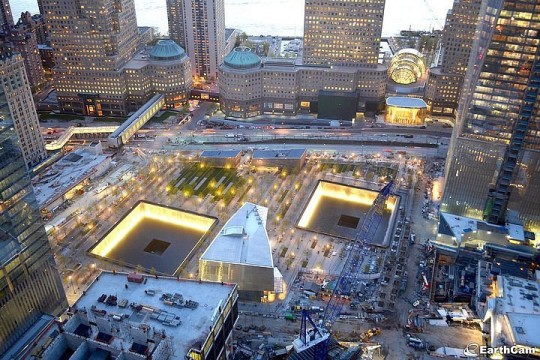
9/11 was a terrible tragedy of our lifetime. It was our generation’s Pearl Harbour and it took away a lot of innocence and somehow changed the world. I’m hoping this concert will be cathartic for me in some way now, and of course it couldn’t be more relevant today with what is going on in our world right now.”
Come and hear us
Saturday 18th January 2025
7.30pm, Royal Festival Hall
Vladimir Jurowski conductor
Anna Devin soprano
Hanna Hipp mezzo-soprano
Rupert Charlesworth tenor
Trevor Eliot Bowes bass
London Philharmonic Orchestra
London Philharmonic Choir
Tiffin Youth Choir
Haydn Missa in tempore belli
György Kurtág Petite musique solennelle
John Adams On the Transmigration of Souls

